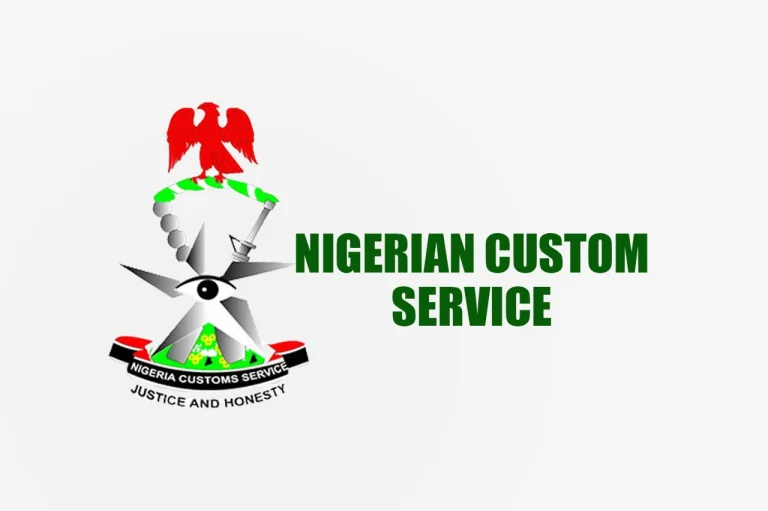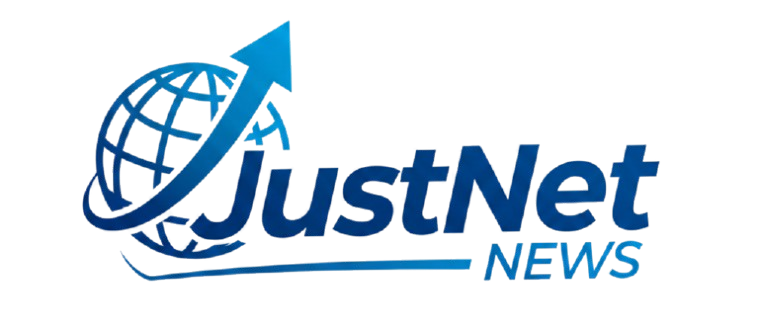
In its renewed commitment to modernisation, the Nigerian Customs has announced a total N2 billion recovery through the integration of post clearance audit into its operation.
The Comptroller General of Customs, Bashir Adewale Adeniyi, who announced this, said this amount was collected in two batches of about N500 million and N1.5 billion respectively.
The Customs Boss who also doubles as the World Customs Organisation Chairperson, stated that an additional N1.6 billion is expected to be recovered by the Service by the end of this month.
He said: “Earlier in the year, the NCS post clearance audit was established and the unit now headed by an Assistant General of Customs reporting directly to the CGC.
“They have undertaken some audits. And they used the risk profiles of companies, looked at declarations and flagged those with infractions.
“For those that have to do with violation of regulatory procedures and laws, we are not going to compromise,”
“It means that some bonded terminals will have to be closed and licensed revoked. It would no longer be a question of suspension of license. The process is still on and when we are done we will let you know,”
“One of the companies that was suspended just yesterday paid N1.5 billion into our coffers. It is going to be a continuous process and before the end of the month, another N1. 6 billion will come in”.
Adewale shared that with renewed commitment to modernisation, the service will continue to engage post clearance audit to strengthen compliance in line with global best practices across the country.
“We don’t want any company, any licensed customs terminal operators to flout our laws or to escape customs duty because they are operating a bonded terminal. This exercise would also be undertaken in other ports in Nigeria including Tin Can Island Port and Onne Port”.
The WCO Chair noted that a developed post clearance audit has the potential of drastically reducing cargo clearance time and improving efficiency in custom processes.
“With a developed post clearance audit system, one do not necessarily have to delay the clearance of goods. There are measures that arise out of the analysis. You have an opportunity to reexamine declarations and make some interventions.
“If there are questions that arise out of your analysis after those goods have left the port, you have an opportunity to take a second look at those declarations and then you can make some intervention”, he said.



